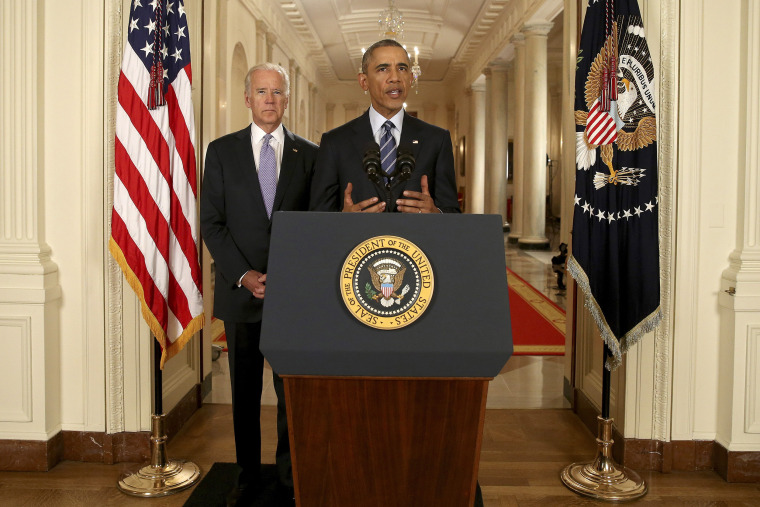Iranian President Masoud Pezeshkian said Monday that his country does not seek war with Israel and is not trying to destabilize the Middle East.
Pezeshkian accused Israel of stoking the conflict, citing the assassination of Ismail Haniyeh, a top leader of Hamas, in Tehran on July 31. But he called for dialogue to resolve the turmoil in the region.
« We want to live in peace, » Pezeshkian told reporters in New York City as the United Nation General Assembly gets underway.
“We don’t wish to be the cause of instability in the region, » he added.
Pezeshkian’s remarks come as U.S. officials fear the prospect of an all-out war between Israel and Hezbollah, the Lebanese militant group backed by Iran. Israeli airstrikes killed more than 180 people and wounded almost 730 on Monday, Lebanon’s Health Ministry said, a dramatic expansion of Israel’s aerial attack.
Also on Monday, Iranian Foreign Minister Abbas Araghchi said that Tehran was “focused on initiating a new round of nuclear negotiations.”
« We are prepared, and if the other parties are also prepared, we can have another beginning of the talks during this trip, » he said in a video posted to Telegram, adding that he planned to stay in New York for an extended period.
It comes after Iranian Supreme Leader Ayatollah Ali Khamenei told Iran’s civilian government in August that there was “no harm” in engaging with the country’s “enemy » on nuclear talks, The Associated Press reported at the time.
The remarks drew comparisons to Iran’s stance around the time of the 2015 nuclear deal that saw Tehran curtail its nuclear program in exchange for the lifting of economic sanctions.
Pezeshkian said Iran is not interested in a new nuclear deal but to return to the 2015 agreement.
“Let’s go back to step one, » he said.
President Donald Trump withdrew the U.S. from the landmark Obama-era deal in 2018, complaining about Iran’s ballistic missile program and its deepening influence in the region. The move dismayed some American allies and prompted fury in Iran.
A State Department spokesman said in August that Washington would « judge Iran’s leadership by their actions, not their words, » according to The AP.
“If Iran wants to demonstrate seriousness or a new approach, they should stop nuclear escalations and start meaningfully cooperating with the IAEA,” they said, referring to the International Atomic Energy Agency.

The IAEA has warned of Iran’s continued enrichment of uranium beyond the needs of commercial nuclear use. Meanwhile, Iran has also blocked U.N. inspectors from visiting some sites in its nuclear program.
The full extent of Iran’s nuclear capabilities remain unclear, though the country has maintained that its nuclear program is for civilian, not military, purposes.
Iran’s apparent shift in stance comes as Israel’s monthslong deadly offensive in Gaza nears the one-year mark following the Hamas-led Oct. 7 attacks.
It also comes as the U.S. prepares for a presidential election, now just weeks away.
In his comments, Araghchi said the « international situation » could make it « difficult to start the negotiations. »









